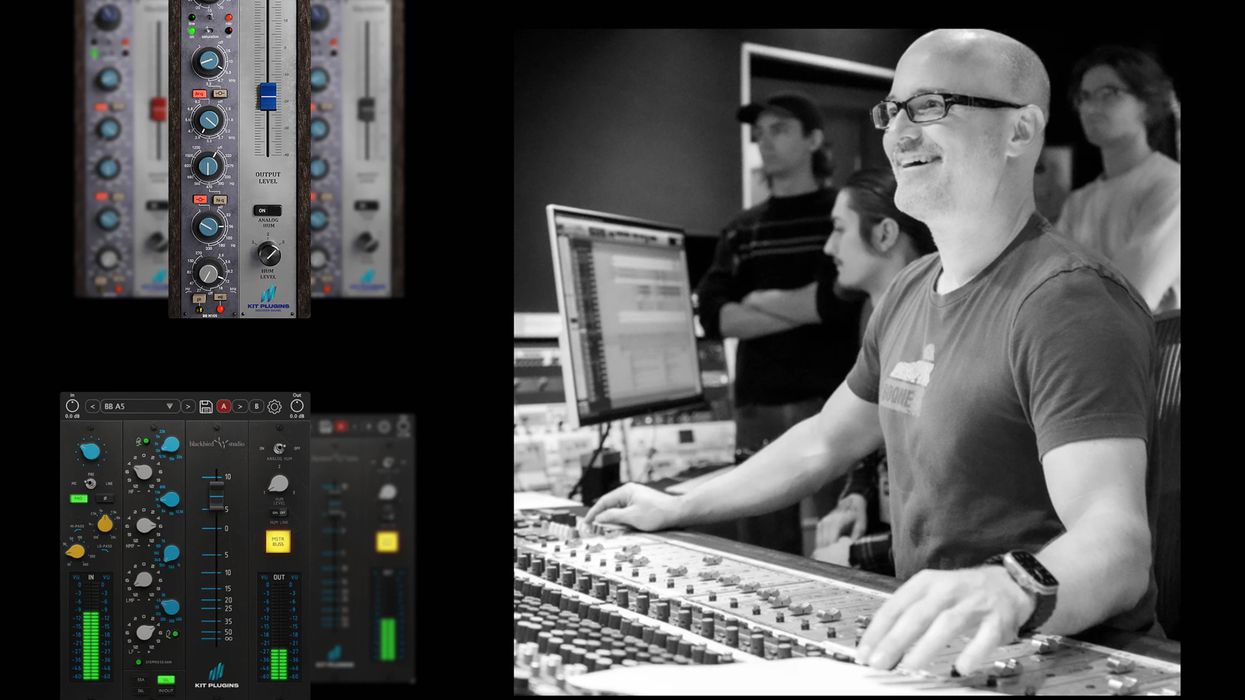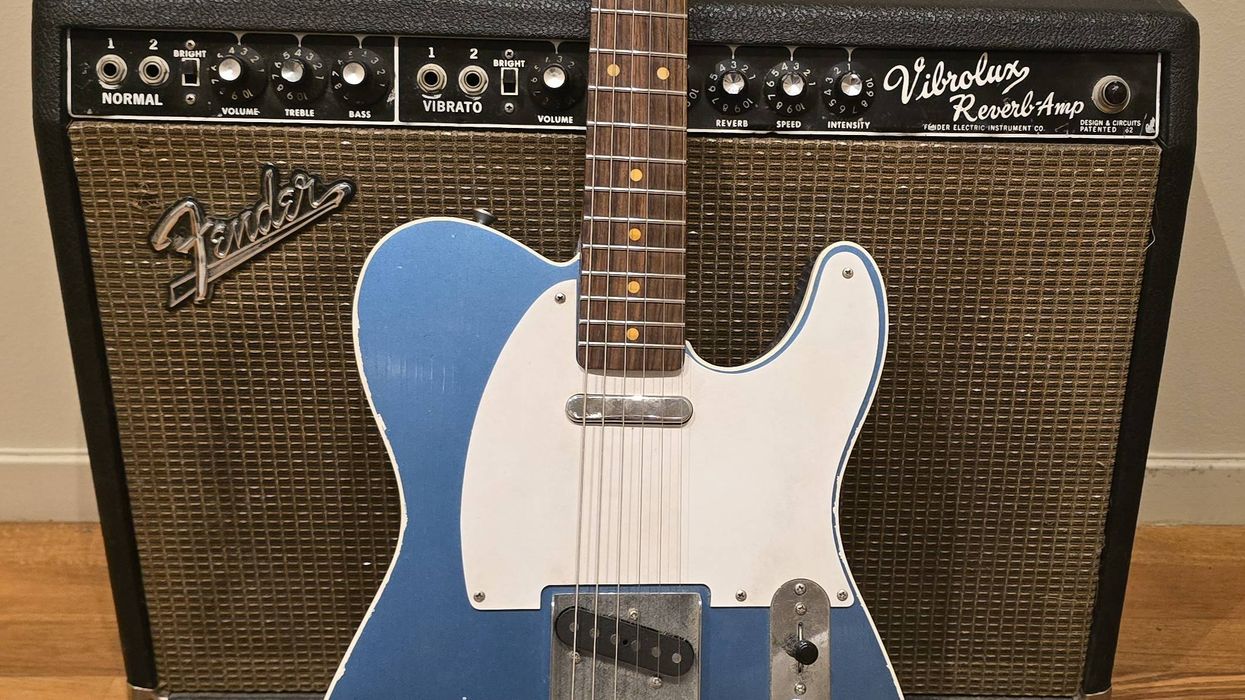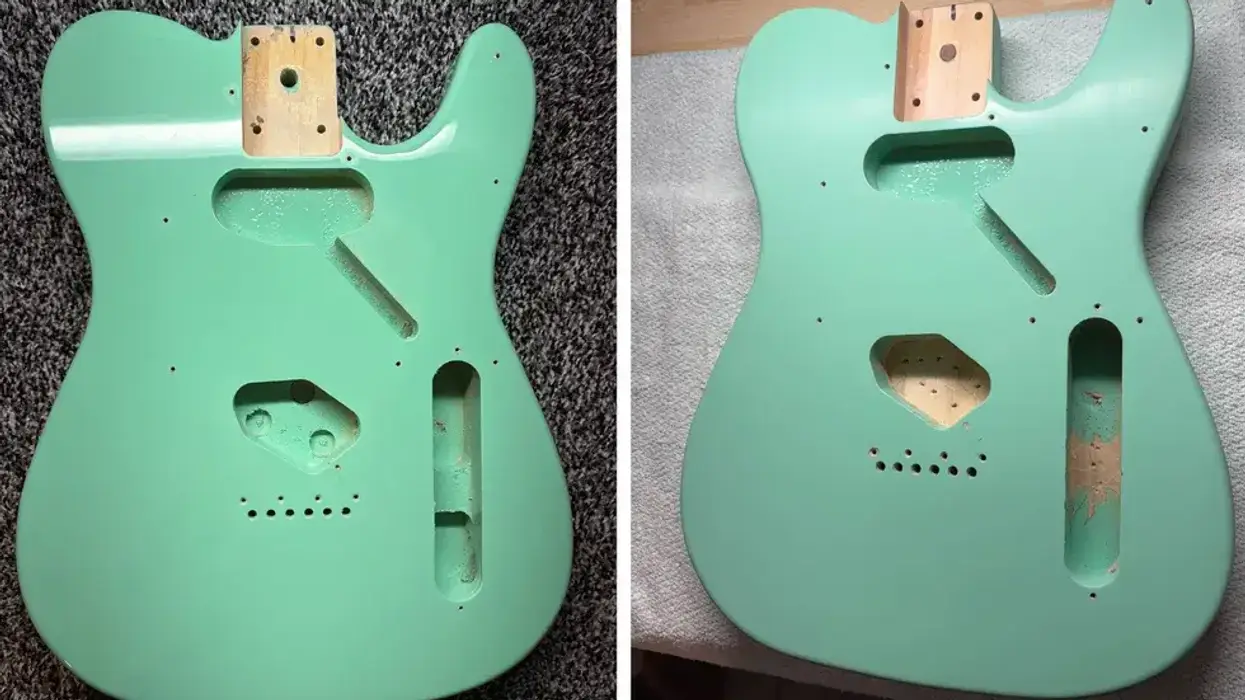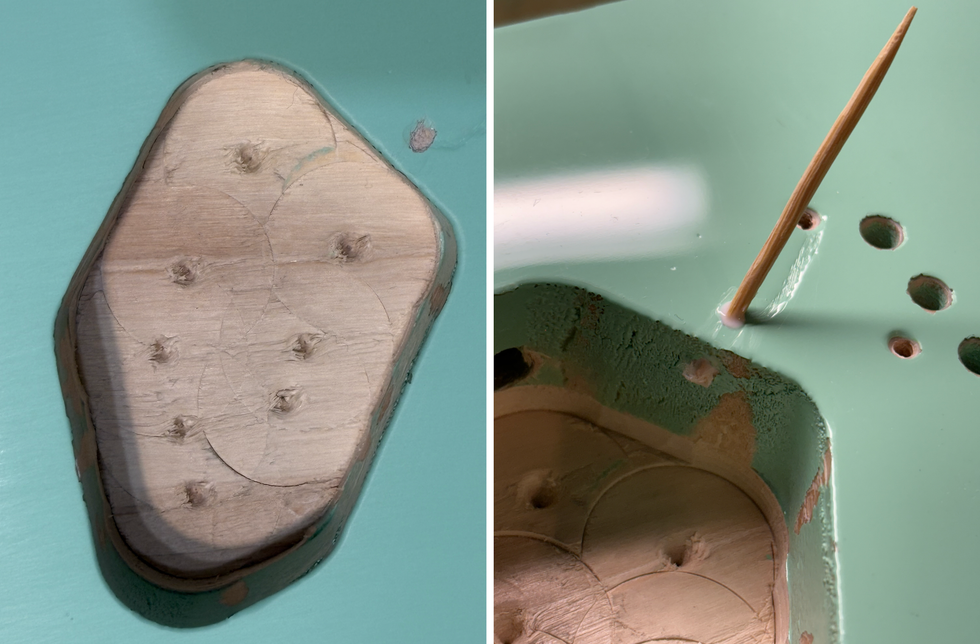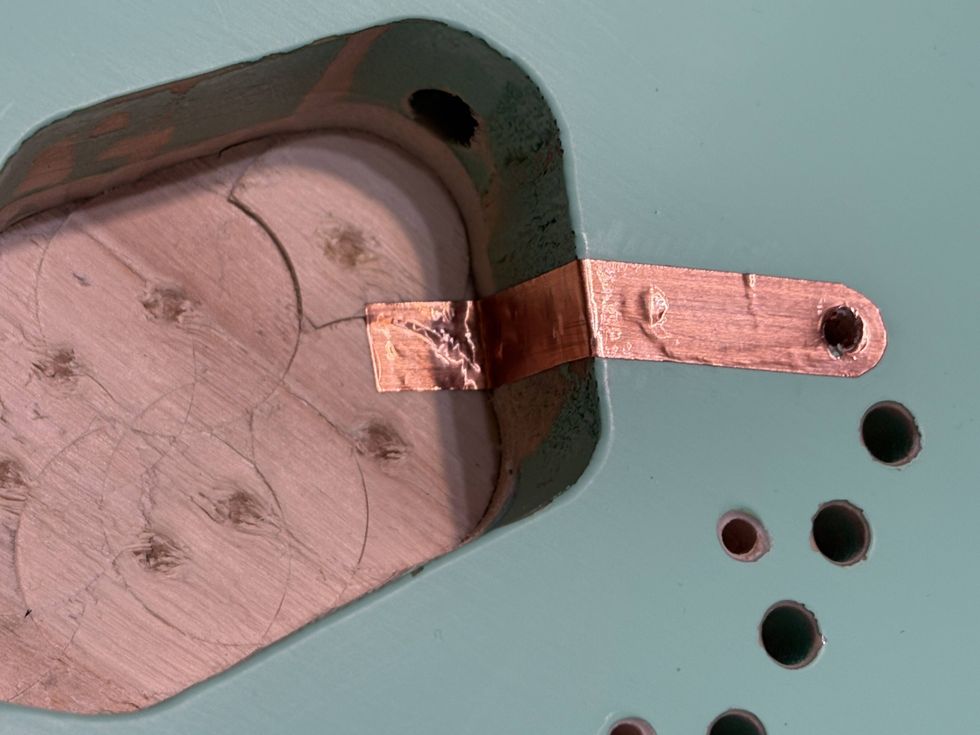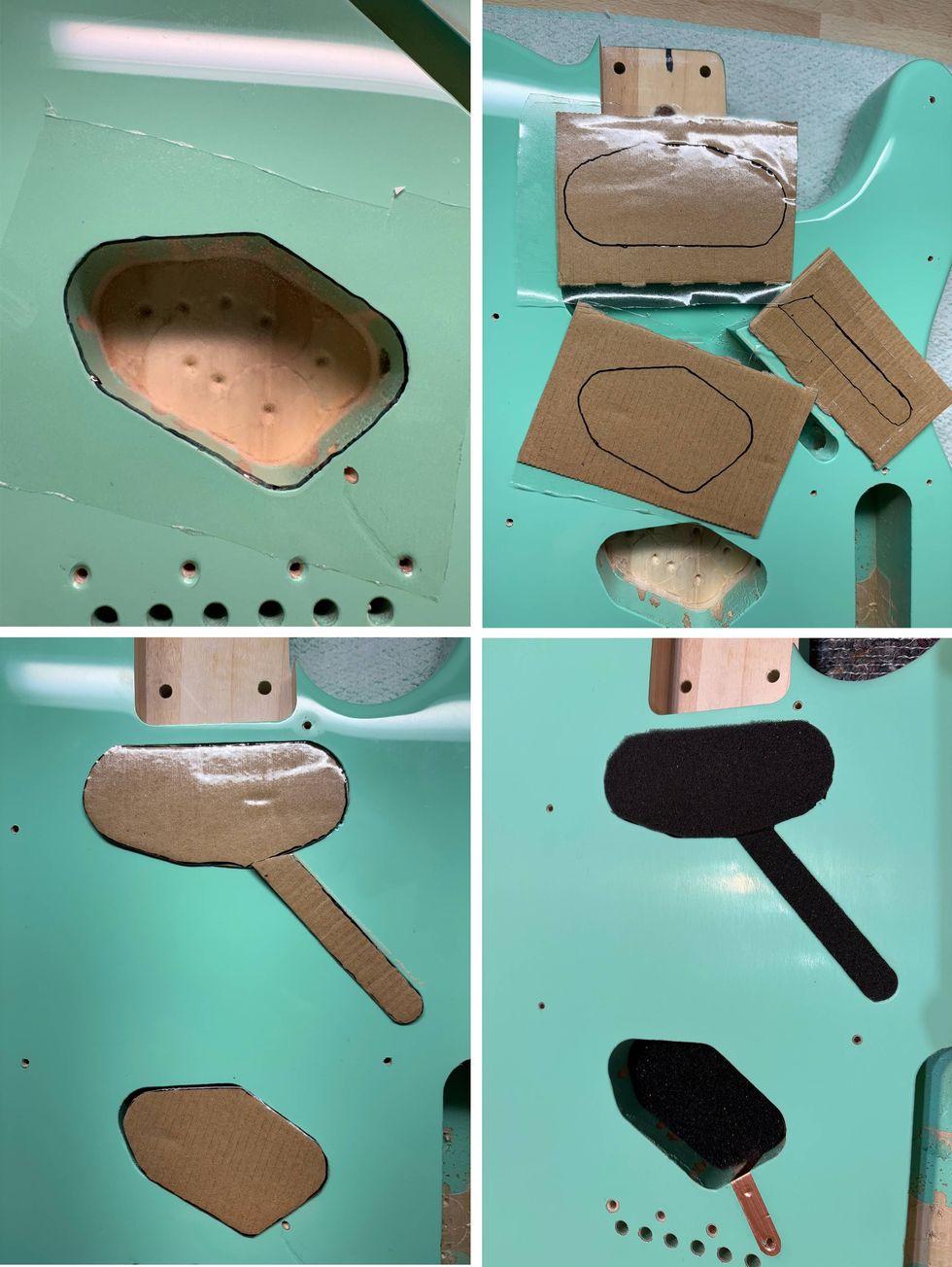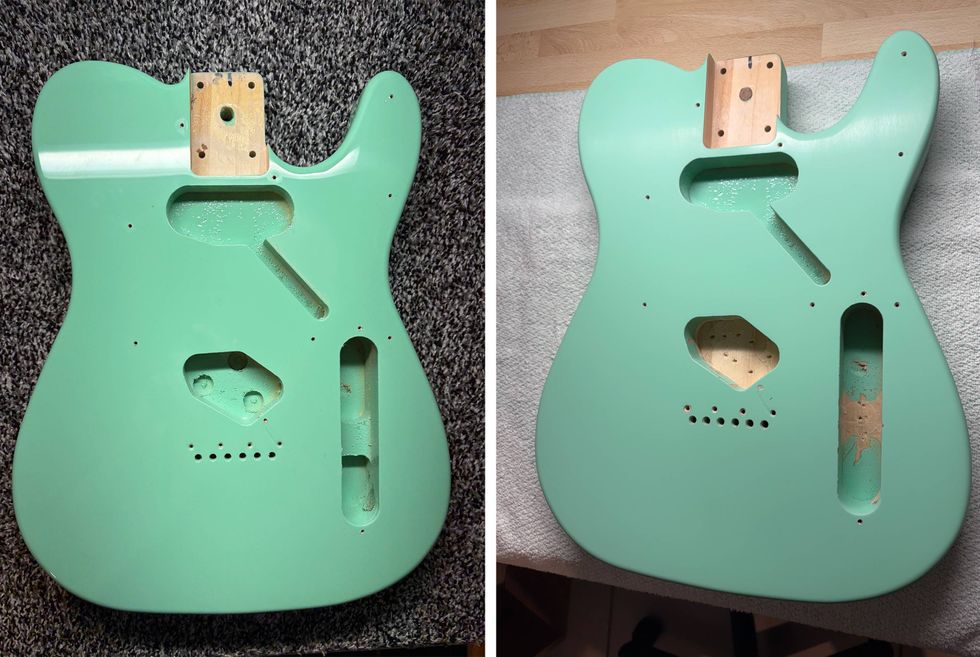Up until this month, I've focused primarily on gear-related topics. This month I'd like to delve into a completely different area—one that is vastly more important than what amp, pedals, or guitar you use, and is arguably even more important than how well you play!
Let's talk about how personality spells success as a working guitarist.
First Things First
I receive many emails from guitarists all over the world basically wondering the same thing: how does one become a successful working musician? There are obviously a number of factors involved. I always recommend becoming as proficient on the guitar as possible. Start a band, learn and write songs, record music, and perform live—these are all great stepping stones toward a career playing guitar. Attending a music school like Berklee or Musicians Institute can be beneficial, and surrounding yourself with music by moving to a music center like L.A. or Nashville is a great idea too. But this is truly only half the picture!
People Skills
I sincerely believe that good people skills are a necessity if you want a career in music. Being patient, measured, and generally affable and even-keeled—as well as seeing the big picture—will serve you well in any career you choose.
Think about it. Let's assume an artist has a big tour coming up and is putting together a band and is given the choice of hiring a solid player who is a great hang, easy going, and hard working, or hiring a brilliant player who:
A) is always late
B) is difficult to work with
C) has a huge ego
D) any combination of the above
I guarantee, almost every time, the solid player with the balanced personality will win out. On tour, musicians have to endure cramped quarters like vans, busses, etc. for long periods of time. You are onstage for a fraction of your day—the rest is all hang time, basically! So if someone is difficult, it's no fun at all.
Watch What You Say
Once, I got called in to audition for a big artist. The audition would happen at noon the next day, and it was already 11:30 p.m. when I received the call. I had to learn five songs—obviously, it was crunch time! I got little sleep but I pulled it off and was eventually offered the gig after two callbacks.
At the initial audition, I met the artist's wife, and in casual conversation, I mentioned that I'd really had to cram to learn all the songs. In my mind, I'd said nothing wrong. I'm a real perfectionist, and I was essentially apologizing for not knowing all the songs 100 percent perfectly. Only months later did I learn they'd had some reservations about hiring me because she'd thought I was complaining about the late notice regarding the audition! The experience taught me that you have to be careful what you say, and how you say it. First impressions are so important!
Know Your Place
Being a "working guitarist" can mean so many things. It might mean you are doing a solo gig once a week at the local pub, that you do sessions for a big name producer in L.A. or Nashville, or that you tour as a sideman with an artist. Each circumstance requires a different approach, but it's always good to know your job and your place and what is expected of you. Things will run much smoother!
If you're doing your first gig at the local pub, it's a good idea to know how many sets they expect you to play, how long each set should be, what the appropriate volume for the venue is, etc. Being conscientious and respectful about these things will go a long way towards ensuring that you'll be hired back to play again.
Similarly, if you are a sideman starting rehearsals for a tour, there are basic guidelines to follow. Arrive early! Always! If there is a Musical Director (MD) on a gig, it's his or her job to communicate to the band members a vision of what will happen musically on a tour. Sometimes the MD is the artist, sometimes not. They may want your input on things, and they may not—this is something you have to feel out, no two situations are the same. If you are asked to turn down, do it. It's not your show, and you are there to be supportive of the artist. If you are asked to try something different musically, even if it's outside your comfort zone, just try it! You might just learn something, and everyone will appreciate your effort and your flexible attitude.
If you are called to do a session with a producer, many of the same rules apply. Show up early, and just generally be in service of the song, the artist, the producer, and the music in general. You should be able to ascertain, with a minimum of fuss, what it is they want from you musically. Sometimes it's all about bringing "your" thing to the table, whatever that is. Sometimes it's about copping the style or sound of another player, or simply accurately reproducing a part that's on a written page. Or anywhere in between these extremes! The more comfortable you can be in these situations, the more you will work.
Once again, if you are asked to try something different musically than what you are doing currently, just try it. Don't take it personally, and don't let it stress you out. Those responses are ego-based. Just go for it as best you can. It's in the moments when we are pushed out of our comfort zones that we learn new things and progress, and show a lack of ego and a willingness to be a team player.
Feel It Out
The last point I'd like to make—and I can't stress this enough—is to be intuitive. This is such a broad suggestion, but it's so important in every situation you'll encounter as a working guitarist. For example, when taking a solo, either at a gig or a session, know when to play, and when to leave space. Feel out the situation, listen to what the other players are playing, and just use your instincts and good taste (and not your ego). Another example is knowing when to talk, and when not to talk. If you're on the tour bus and some of your fellow travelers are sleeping, watching a movie, or reading books, it might not be the best time to engage in a loud, raucous conversation or debate with another bandmate. Read the room, then act appropriately. Everyone will appreciate it!
Good luck out there, working guitarists!
 Pete Thorn is a Los Angeles-based guitarist, currently touring with Melissa Etheridge. His solo album Guitar Nerd is now available through cdbaby.com. You can read more about his career and music at peterthorn.com.
Pete Thorn is a Los Angeles-based guitarist, currently touring with Melissa Etheridge. His solo album Guitar Nerd is now available through cdbaby.com. You can read more about his career and music at peterthorn.com.



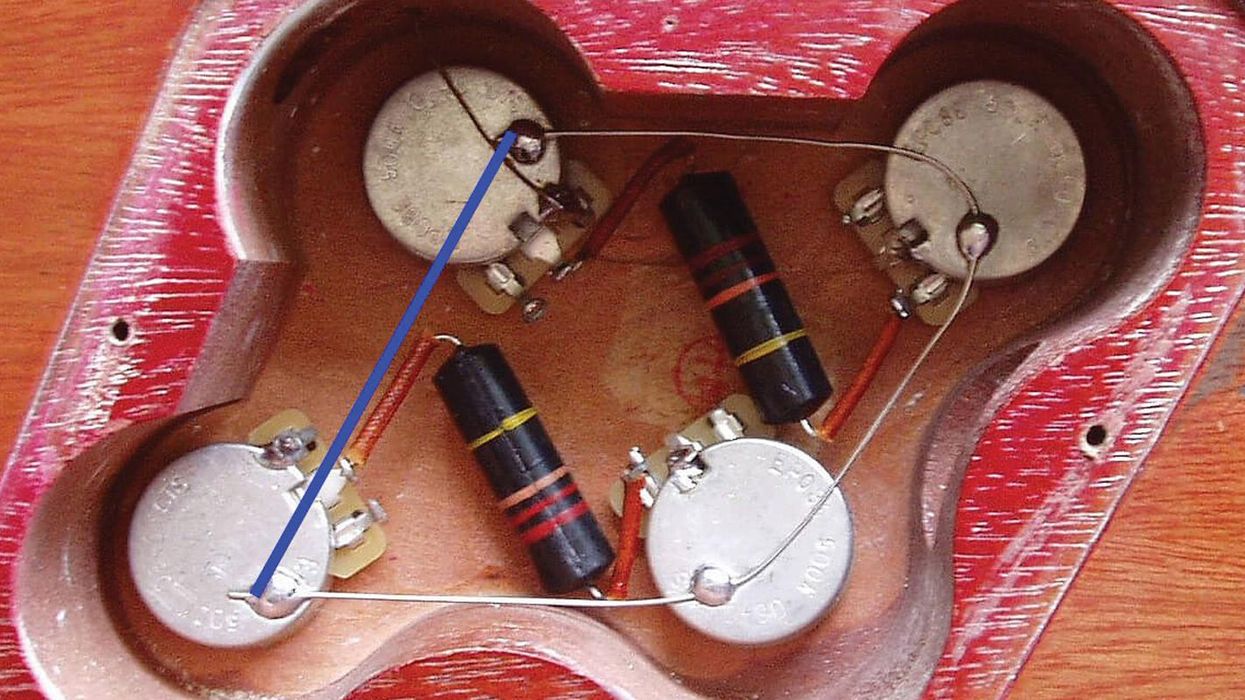
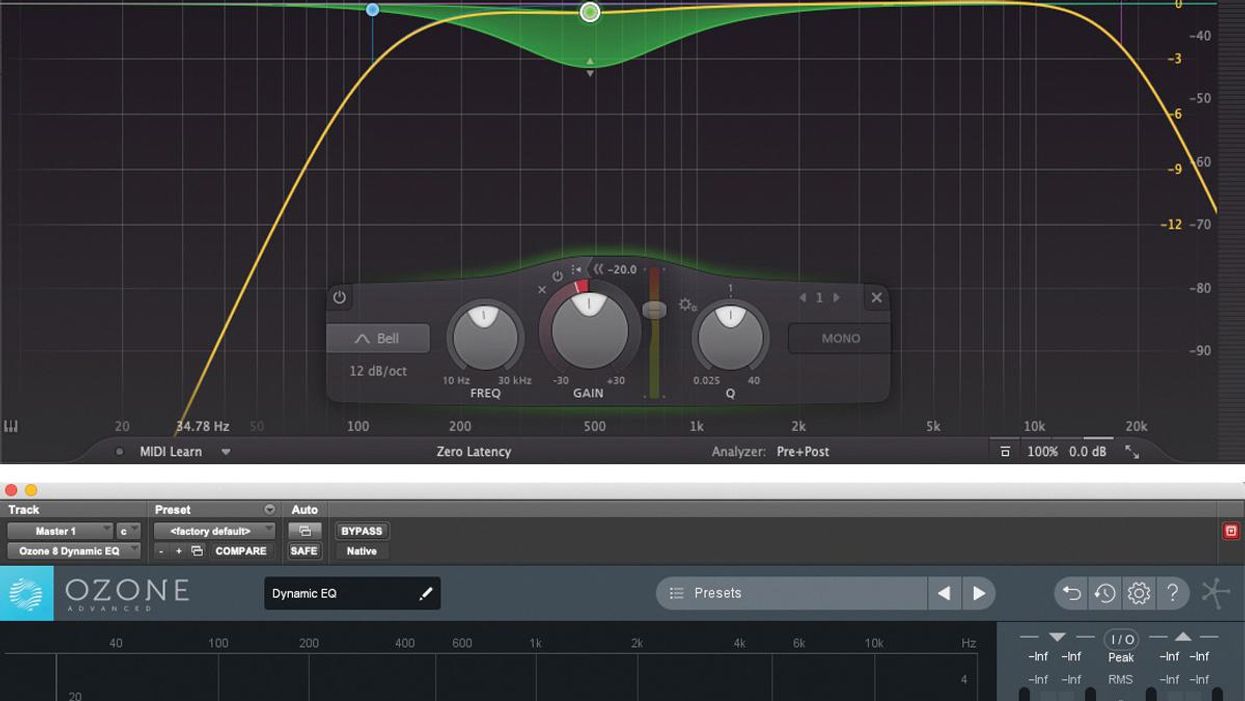
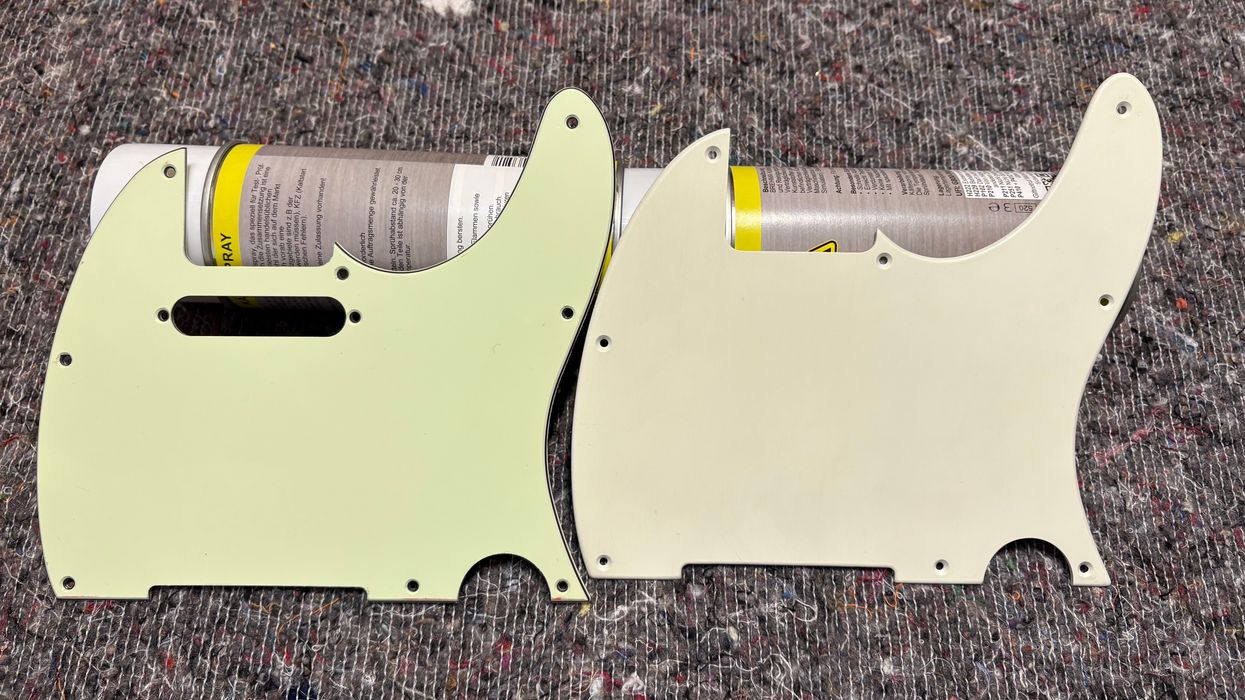
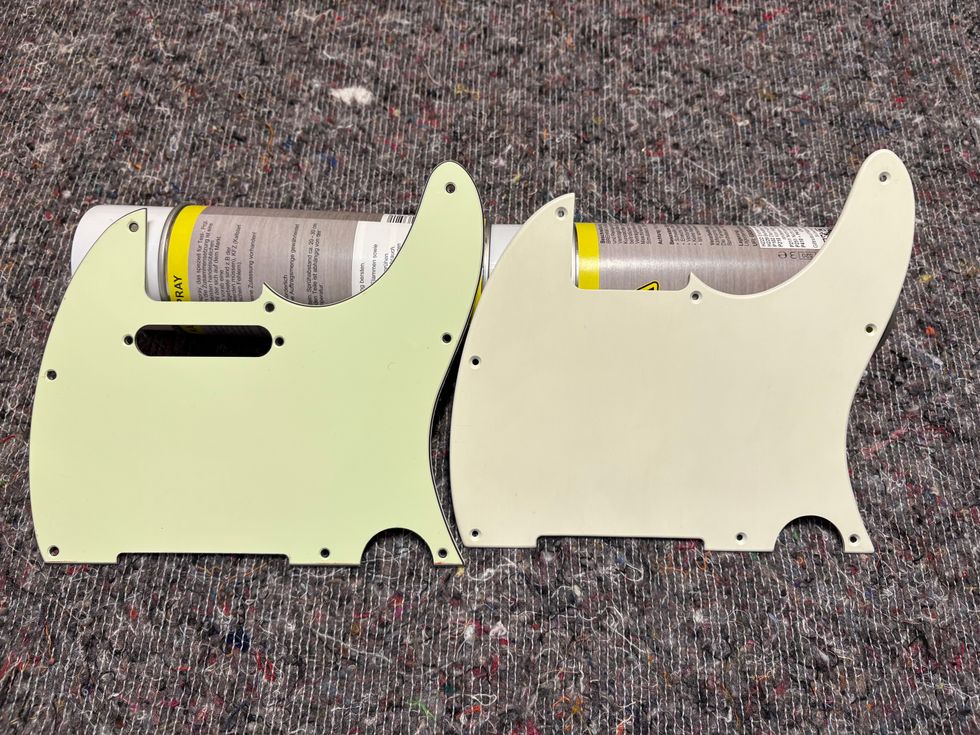
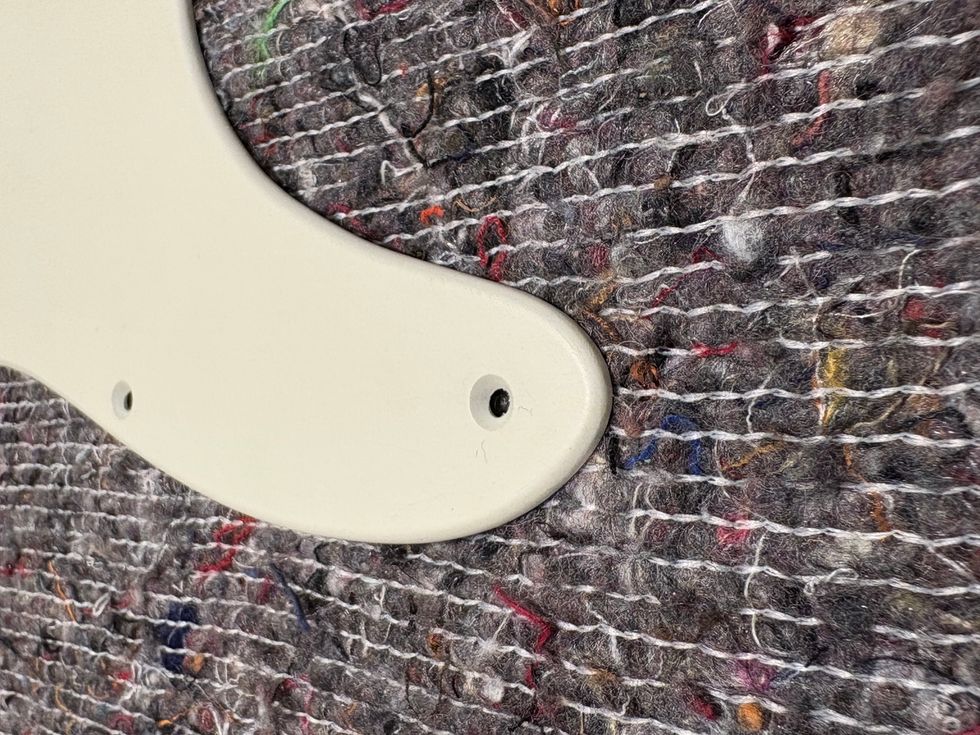



![Rig Rundown: Russian Circles’ Mike Sullivan [2025]](https://www.premierguitar.com/media-library/youtube.jpg?id=62303631&width=1245&height=700&quality=70&coordinates=0%2C0%2C0%2C0)



